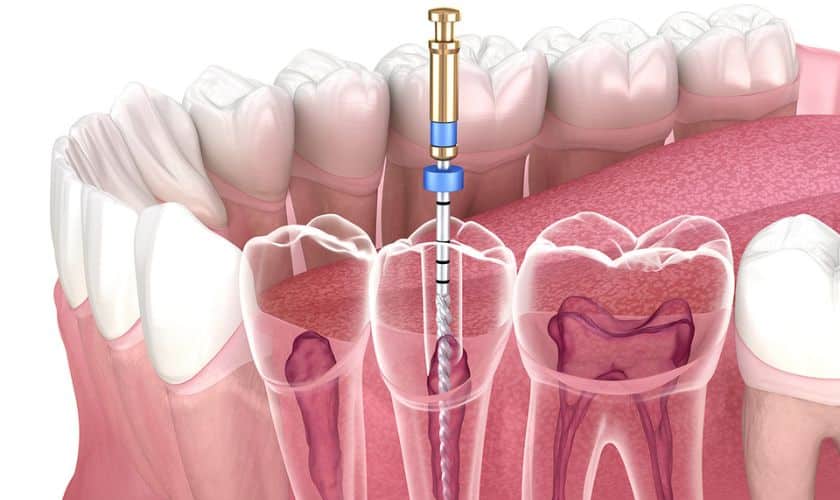
Root canal infections, also known as endodontic infections, can cause significant discomfort and lead to serious oral health problems if left untreated. Recognizing the signs of a root canal infection is crucial for timely intervention and effective treatment. In this blog post, we'll explore the common signs and symptoms that indicate you may have a root canal infection, as well as the importance of seeking prompt dental care to address the issue.
Understanding Root Canal Infections
Before delving into the signs of a root canal infection, let's first understand what it is. A root canal infection occurs when bacteria infiltrate the pulp, or innermost layer, of the tooth, leading to inflammation and infection. This can happen as a result of untreated tooth decay, dental trauma, or a cracked or fractured tooth. Without treatment, a root canal infection can spread to the surrounding tissues, bone, and bloodstream, causing pain, swelling, and potentially life-threatening complications.
Signs of a Root Canal Infection
-
Severe Tooth Pain: Persistent or severe tooth pain is one of the most common signs of a root canal infection. The pain may be sharp, throbbing, or constant and may worsen when biting or applying pressure to the affected tooth.
-
Sensitivity to Temperature: Sensitivity to hot or cold temperatures, particularly lingering discomfort after consuming hot or cold foods and beverages, can indicate a root canal infection. This sensitivity may be accompanied by tooth pain or discomfort.
-
Swelling and Tenderness: Swelling and tenderness in the gums or face, particularly around the affected tooth, may occur as a result of inflammation and infection. The swelling may be localized or more widespread, depending on the extent of the infection.
-
Pain When Chewing: Pain or discomfort when chewing or biting down can be a sign of a root canal infection, especially if it is localized to a specific tooth. This pain may be aggravated by pressure on the tooth and may radiate to other areas of the mouth or face.
-
Pimple on the Gums: A pimple or abscess on the gums, known as a dental fistula, may develop if the infection spreads beyond the tooth's root. This is a sign that the infection has progressed and requires immediate dental attention.
-
Discoloration of the Tooth: Discoloration or darkening of the affected tooth may occur as a result of damage to the pulp and surrounding tissues. This discoloration is often a late-stage symptom of a root canal infection and may indicate irreversible damage to the tooth.
-
Foul Taste or Odor: A persistent foul taste or odor in the mouth, particularly near the affected tooth, may be a sign of pus or drainage associated with a root canal infection. This can occur if the infection causes the formation of an abscess or dental fistula.
Importance of Seeking Dental Care
If you experience any of the signs or symptoms mentioned above, it's essential to seek prompt dental care from a qualified dentist or endodontist. Root canal infections will not resolve on their own and require professional intervention to effectively treat the infection, alleviate symptoms, and preserve the affected tooth. Delaying treatment can lead to further complications, including the spread of infection, tooth loss, and damage to surrounding tissues and bone.
Recognizing the signs of a root canal infection is crucial for timely intervention and effective treatment. If you experience severe tooth pain, sensitivity to temperature, swelling, tenderness, or any other symptoms mentioned above, don't ignore them. Schedule an appointment with your dentist as soon as possible to assess the situation and determine the appropriate course of action. With prompt dental care, you can address the root canal infection and restore your oral health and comfort.

